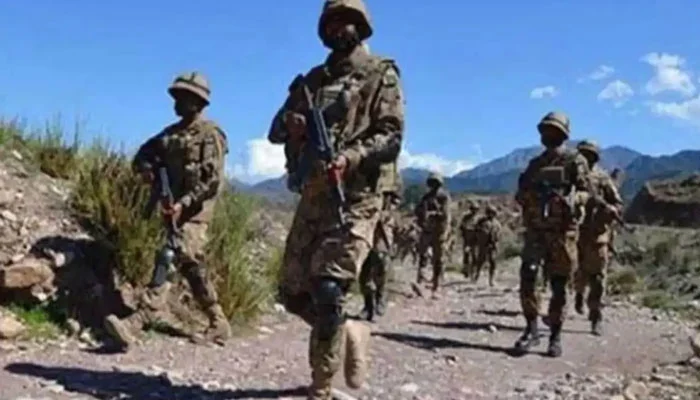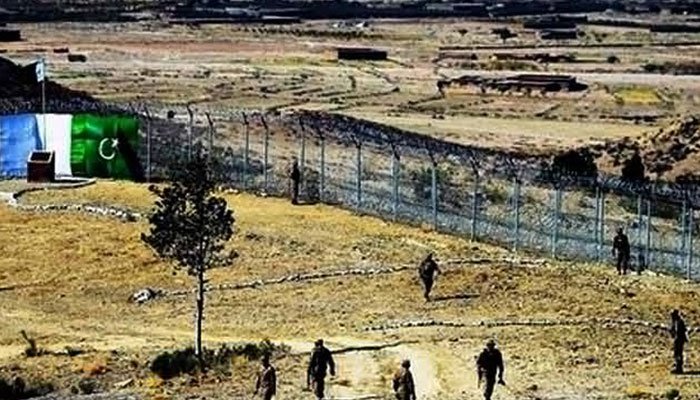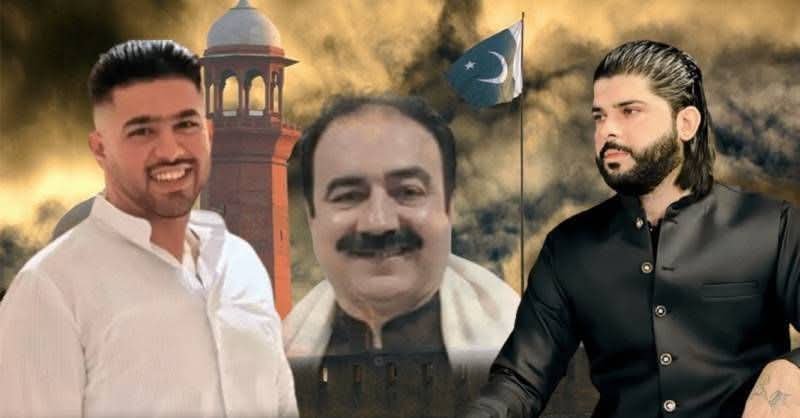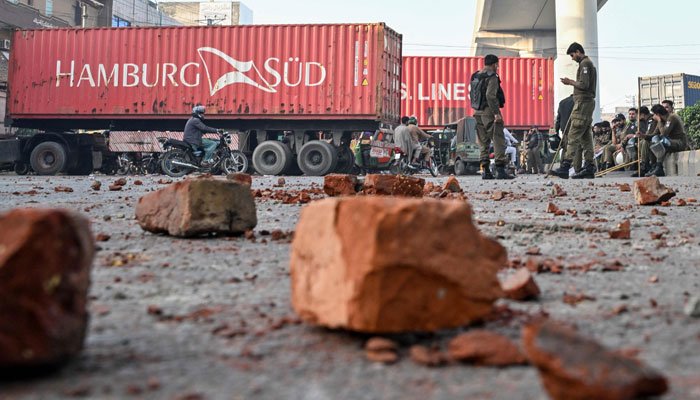Justice Babar Sattar Criticizes Absence of Key Officials in Audio Leaks Case.
IHC summons officials in audio leaks case, expresses displeasure at absence. In a significant development concerning the audio leaks case, the Islamabad High Court (IHC) has summoned top officials, including directors general (DG) of the Intelligence Bureau (IB) and Federal Investigation Agency (FIA), as well as representatives of telecom companies, who failed to appear before the court as ordered.
Justice Babar Sattar of the IHC presided over the proceedings related to the dissemination of unlawfully recorded telephone conversations through electronic and print media. The absence of key officials, including the DG IB, DG FIA, chairman of the Pakistan Telecommunication Authority (PTA), and chairman of Pakistan Electronic Media Regulatory Authority (PEMRA), drew strong criticism from the court.
Expressing dissatisfaction with their absence, Justice Babar Sattar questioned how officers could decide to skip court hearings on their own accord, hinting at potential arrest warrants against the absent officials.
The government lawyer explained that the DG FIA was unable to attend due to illness, with the deputy director general representing the agency in his absence. Meanwhile, Director Waqaruddin Syed appeared on behalf of the FIA during the hearing.
Furthermore, the court ordered the representatives of the Pakistan Federal Union of Journalists (PFUJ) and the Council of Pakistan Newspaper Editors (CPNE) to appear before it, emphasizing the gravity of the situation.
More From FactFile: Govt challenges IHC verdict on Cipher Case jail trial
The case also involves former Chief Justice of Pakistan Saqib Nisar’s son, Najam Saqib, whose alleged audio leaks discussing the trade of PTI tickets garnered attention on social media. In one of the leaked conversations, Najam Saqib purportedly instructed a PTI candidate to contact his father, Mr. Nisar, after obtaining the party ticket.
Justice Babar Sattar adjourned the case hearing for two weeks, indicating the court’s commitment to addressing the matter thoroughly.
The case highlights the importance of upholding legal procedures and accountability in matters related to privacy breaches and media ethics, underscoring the judiciary’s role in ensuring fair and transparent proceedings.





